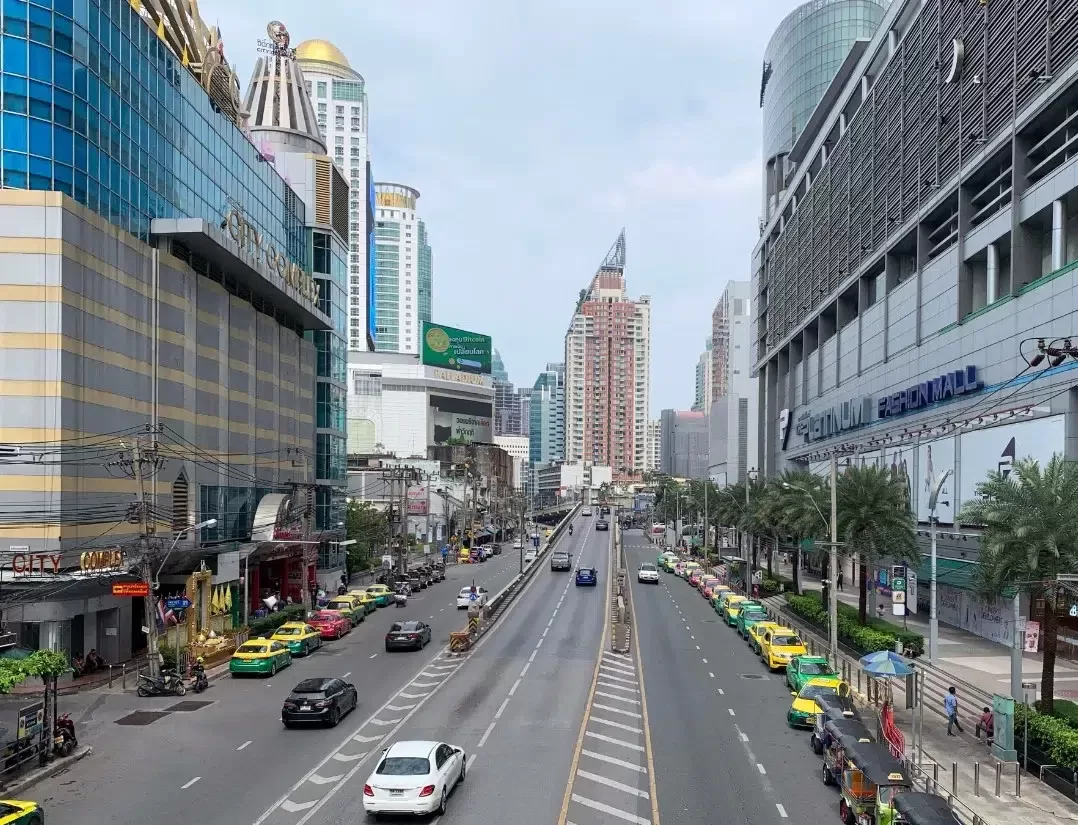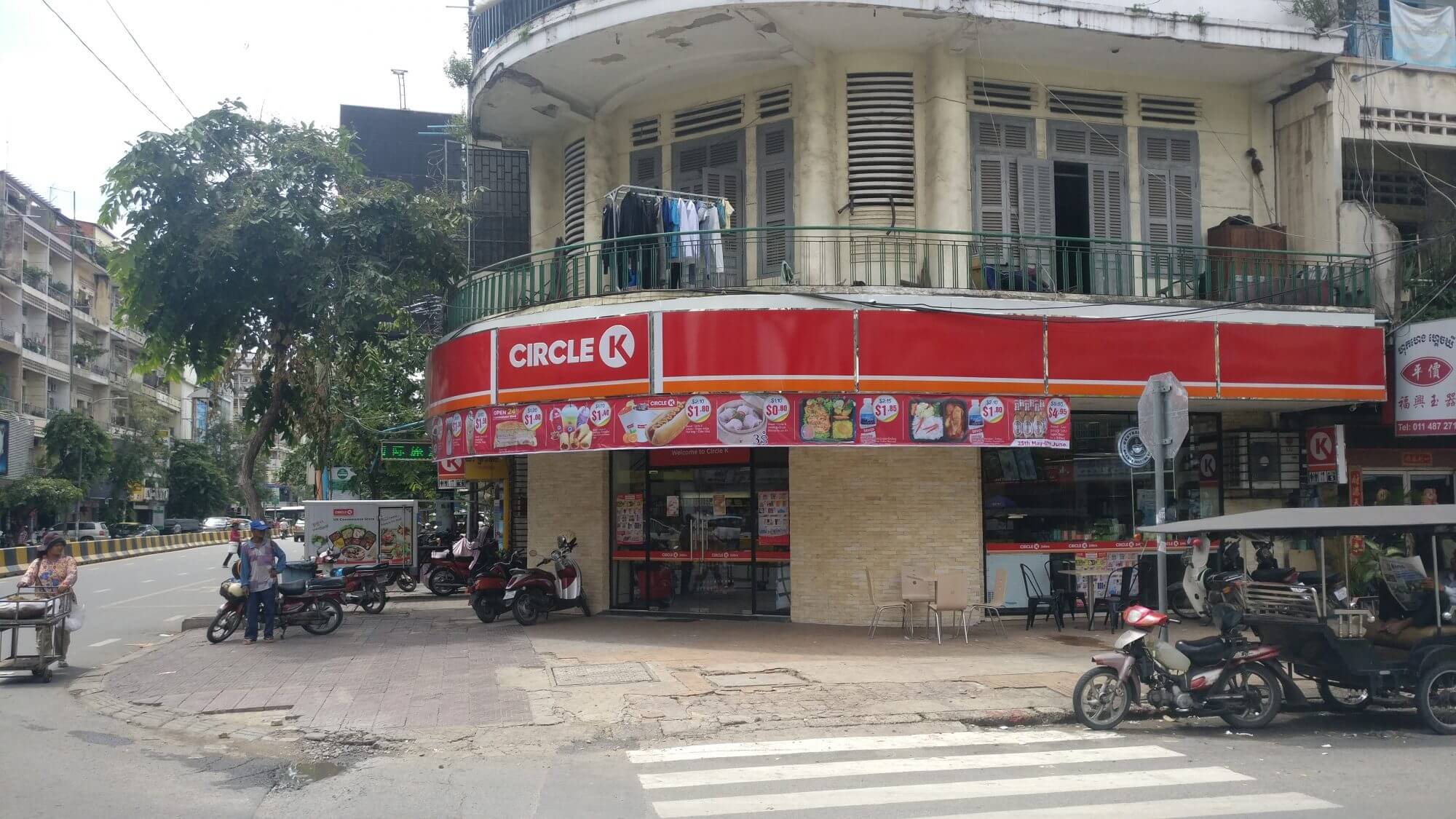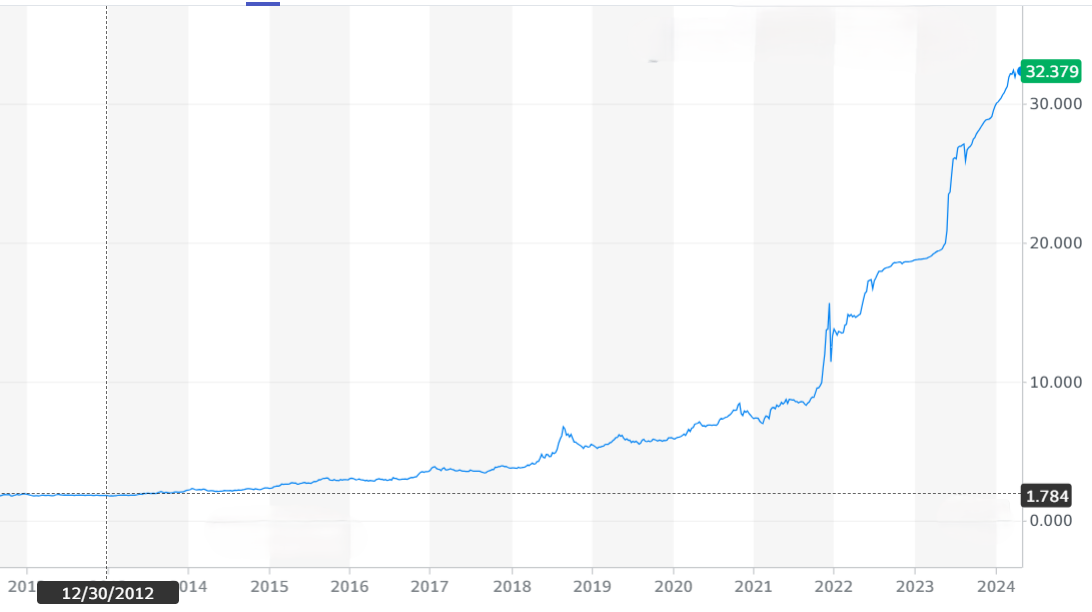ABOUT INVESTASIAN

Hi, my name is Reid Kirchenbauer. I started this website back in 2013.
I’ve spent half my life in Asia. During that time, I learned several languages, bought dozens of properties, made thousands of international stock trades, and founded the world’s first frontier market property fund.
I’m convinced that Asia will be the main driver of growth this century, and have seen firsthand the dramatic rise of an affluent class that didn’t even exist a few decades ago.
The streets are filled with economic activity. Unemployment is generally low, demographic trends are strong, and the future looks bright across much of Asia.
Our future will be dominated by the rise of China and India. Increasingly, some of Asia’s frontier markets such as Cambodia will evolve into global manufacturing hubs.
Lots of promising countries are overlooked by investors. After all, few people are talking about buying property in Malaysia or trading stocks in the Philippines.
But that’s precisely why these places have opportunity. Lack of knowledge about investing in Asia combined with entry and language barriers means there are still plenty of undiscovered gems in the region.
It’s also why I created InvestAsian. Our company’s goal? To help investors across the world profit from this dynamic continent – no matter where they live.


Before-and-after of Bangkok, Thailand in the 1980s compared with today. Urban transformations like this are happening all over Asia’s emerging markets.
You may have already done research on investing in Asia. We’re here to tell you that, unfortunately, most of the info online is written by expats who are illiterate in the local language and have no clue what they’re doing.
InvestAsian is unique because of our analysts, contacts, and translators based across Asia. Together, our staff speaks nine languages and shares a vast array of experience.
That gives our clients the best results possible. For example, you’d have a hard time assessing the Thai stock market if you only speak English.
InvestAsian helps our clients find opportunities they never would otherwise.
InvestAsian focuses on frontier markets. These are among the best places to invest internationally. But why are frontier markets worth diversifying into?
Well, we can break down a country into three different categories based on its stage of economic development.
Developed markets, including Japan and Hong Kong, are generally the weakest in terms of future prospects. Their population growth is tepid or even negative in some cases.
Such developed economies are strictly regulated while large multinational firms are operating in all sectors. Business opportunities in developed markets have, for the most part, already come and gone.
They’re certainly still worth allocation. Just don’t expect them to offer anything unique. You can buy large cap stocks in South Korea such as Samsung, for example, but are unlikely to outperform let alone compete with them.
Emerging markets, like Malaysia and China, go through change at a quicker pace. Manufacturing and exports usually play a big role in their economies.
In emerging markets, foreign investment is peaking and local firms are beginning to expand globally – an attempt to find their own opportunities in less-developed nations. There’s a good reason why Malaysia is investing heavily in Indonesia, for example.
Frontier markets are a step further beyond emerging markets. These are less-developed countries where rapid growth and potential for high returns has only recently begun. We’re talking about places like Cambodia, Vietnam, and Indonesia.
Normally, a middle class is just beginning to form in frontier markets which makes them perfect as a longer-term investment.
Furthermore, strong demographic trends mean frontier markets are propelled by internal growth factors more than the global financial system and its whims.
The type of companies that you probably take for granted in your home countries often don’t exist yet. Frontier markets are great places for entrepreneurs because of this.

Up until recently, Cambodia didn’t even have a global convenience store chain. Circle K and 7-Eleven both entered the market and are set to reap the rewards in 2024 and beyond.
Frontier markets are also far less correlated with large economies like the US. Several countries in Asia, in fact, have skipped all of the past three global recessions.
Vietnam and Bangladesh, for example, haven’t had a recession in over 30 years.
Both of these frontier markets skipped the Asian financial crisis during the 1990s, missed the tech bubble of the early 2000s, and outgrew the most recent global recession.
Today, the world’s major economies depend on each other. Multinational firms like McDonald’s and IKEA are found almost anywhere on the planet.
Because of this, all the developed and emerging markets get sick when the United States or China do. Yet frontier markets are often the exception to this rule.
A truly recession-proof economy doesn’t exist, of course. “Past performance is not a guarantee of future results” and anything could happen.
Regardless, frontier markets are about as close as you can get. You’re making an investment which is uniquely uncorrelated with the global financial system.
In short, frontier markets have a rare combination of risk and return. They’re not only growing 3x faster than your home country, but can perhaps avoid the next global recession as well.
There’s one minor downside when it comes to offshore diversification though.
Investing in frontier markets usually isn’t easy. It’s the main reason why these places aren’t already swarmed with people buying up assets.
You’ll encounter lots of entry barriers. These could be language barriers or ones set up by the government.
Tasks such as opening a Vietnam brokerage account are difficult, let alone finding an honest realtor in Cambodia or researching stocks in the Philippines.
Frankly, most foreign investors also don’t want to spend their precious time in Indonesia or Bangladesh dealing with emerging market bureaucracy by themselves.
This is the reason why InvestAsian exists. We’re experts at finding optimal investments in Asia and learning how to best access them.
Diversification is key to preserving your wealth. This is common knowledge, and any experienced investor knows this.
Not a single investment advisor would suggest putting your whole net worth into two or three different assets. That would be extremely risky, and you would lose a significant part of your portfolio if one of the investments didn’t work out.
Unfortunately, most people still put the vast majority of their portfolio into their home country. They don’t understand that the same concept of diversification applies to investing across multiple countries – not merely across different stocks and sectors.
Imagine this: a Turkish investor back in 2014 wants a diverse portfolio. So they buy a basket of a hundred equities, spread evenly across all industries…
…and every single one of them is listed on Turkey’s stock exchange.
Our investor falsely believes they’re protected because their portfolio consists of many different equities, diversified across all sectors. However, during the course of the following decade, the Turkish lira’s value crashes by over 2000%
By only investing at home, our investor in this example became a victim of country risk.

The Turkish lira lost over 20 times its value between 2014 and 2024. Protection against currency risk is just one reason why global diversification is crucial.
This exact scenario could repeat itself anywhere – even in developed markets. Each and every country in the world has its own unique risks, from potential currency and economic crises to the possibility of war and natural disasters.
The reality is: putting all your assets in one country isn’t much less risky than investing all your money in a single stock.
InvestAsian was founded on the belief that spreading your portfolio across the world doesn’t have to be a risky endeavor.
Total diversification isn’t dangerous. Neither is putting a small part of your portfolio into emerging markets. Quite the opposite, in fact.
Buying real estate and stocks in places like Japan and Hong Kong is generally a safe investment. Meanwhile, the Singapore dollar and Thai baht are among the world’s top performing currencies.
You certainly aren’t worse off by holding Singapore dollars in an offshore bank account. On the contrary, country and currency risk are both reduced because of the simple act of owning assets outside your home country.
Likewise, investing in frontier markets including Cambodia, Vietnam, and Indonesia is a solid way to diversify outside the mainstream. Frontier economies benefit from natural growth catalysts, such as a low average age and rising urbanization rate.
The whims of the global financial system are difficult to predict. Yet demographic trends are almost impossible to change once they’re already set in motion.
If you want to reduce overall risk while increasing performance, investing in Asia is a great way to accomplish both these goals at the same time.
InvestAsian stands at the forefront of frontier market investment. We’ve spent over a decade breaking down entry barriers in Asia’s emerging economies.
Between our private portfolios, consulting services, and hundreds of free articles, InvestAsian aims to make your offshore investment journey a success!
READY TO GROW AND PRESERVE YOUR WEALTH?
Join 50,000+ monthly readers. Discover property, stocks, and other investments that will drive global growth in the 21st century.
